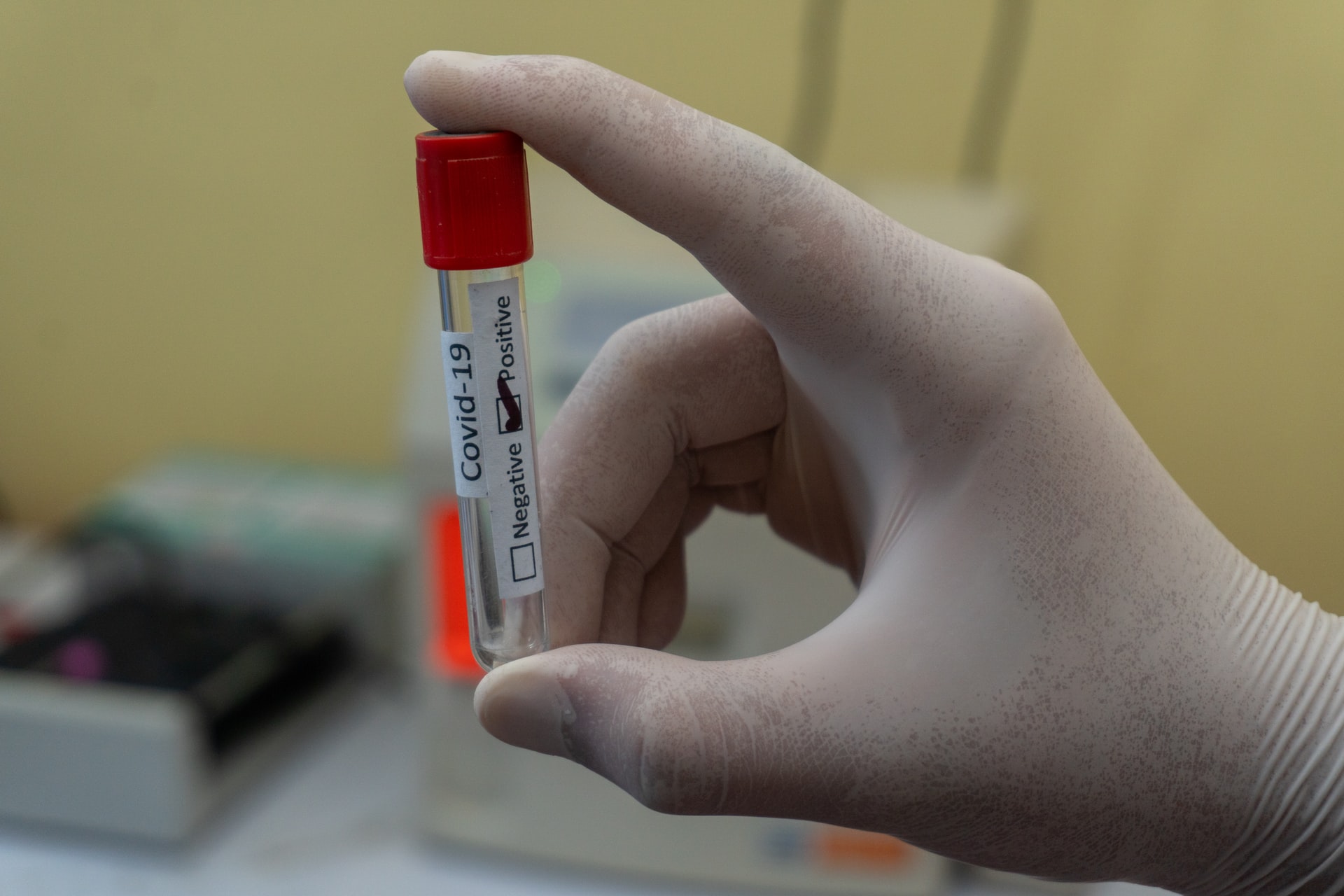News release
From:
The B.1.1.7 variant of SARS-CoV-2, which was first identified in the UK, may be associated with an increased risk of death, a Nature study suggests. The findings, based on an analysis of more than two million community test results and over 17,000 COVID-19 deaths in England from September 2020 to February 2021, may have implications for the future of the SARS-CoV-2 pandemic and efforts to curtail it.
The B.1.1.7 variant, which was first detected in the UK in September 2020, has now spread to many countries around the world. Studies have established that it is more transmissible than pre-existing variants, but its effect on the mortality of disease has been uncertain.
Nicholas Davies and colleagues analysed a database of 2,245,263 positive SARS-CoV-2 community test results and 17,452 COVID-19 deaths in England from 1 September 2020 to 14 February 2021. For 1,146,534 of the community tests (51%), the presence or absence of the B.1.1.7 variant can be identified owing to mutations in the spike gene of this variant, which produce a negative result for this gene in certain diagnostic tests for SARS-CoV-2 (known as a spike gene target failure). Using data from 4,945 deaths, the authors estimate that in tests that resulted in a spike gene target failure, the risk of death was 55% higher than that for people infected with other pre-existing variants when adjusted for several factors including age, sex and ethnicity. This corresponds to an absolute risk of death for a male aged 55 to 69 increasing from 0.6% to 0.9% over the 28 days after a positive test. The authors note that some other circulating SARS-CoV-2 lineages could also cause a spike gene target failure in tests. Thus, they used a modelling approach to correct for misclassification of the potential variants, and estimate that there was a 61% higher risk of death associated with the B.1.1.7 variant.



 International
International



